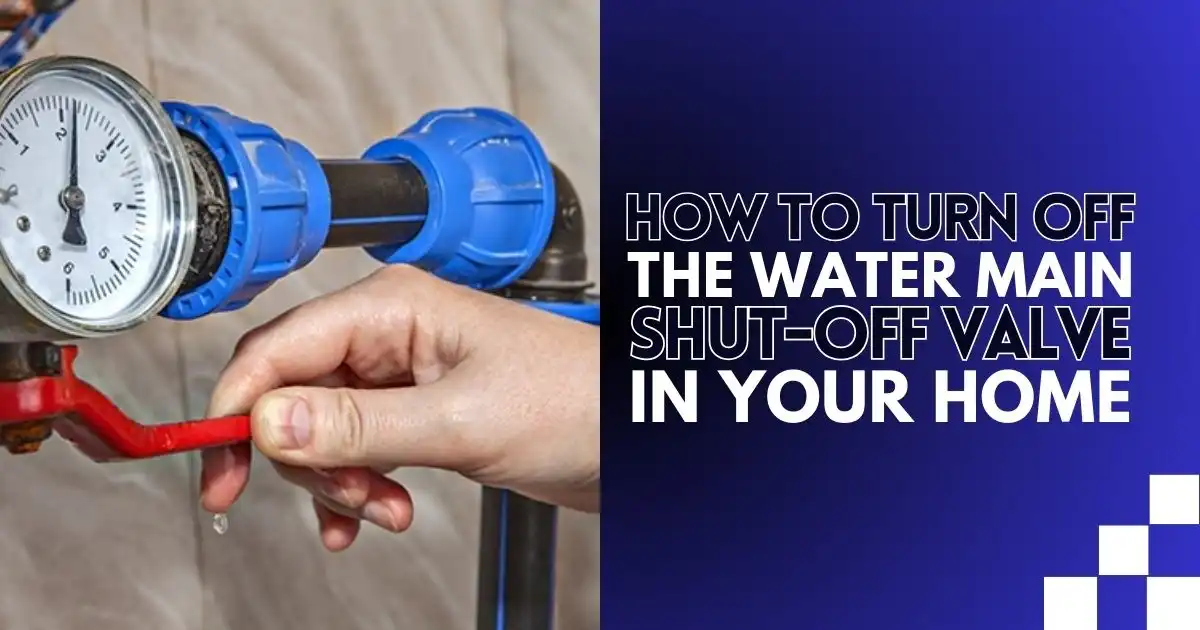
What You Need To Know About Bleach Mold Myth In Las Vegas
Many Las Vegas homeowners use bleach to kill mold, only to see it return days later.
Whether you’re a seasoned homeowner or a new renter, we aim to empower you with the knowledge to tackle basic plumbing tasks and identify potential issues.


Many Las Vegas homeowners use bleach to kill mold, only to see it return days later.

Your air conditioner fails during a scorching 115°F Las Vegas heatwave, sending smoke through your home.

Is your shower leaving you itchier than before you stepped in? That white crusty buildup on

Strange popping sounds from your pipes and fluctuating water pressure after installing a new water heater

Choosing the wrong septic system for your property can lead to expensive repairs, foul odors, and

It’s 2 AM when you bolt awake to the sound of smoke alarms. The bedroom door

Some mold removal companies charge thousands for unnecessary work. Others cut corners, leaving mold behind to

Pipes don’t burst on a schedule—they fail without warning, often at the worst possible moment. A

The desert heat in Las Vegas makes floor installation tricky. Homeowners want floors that last, but

According to the Environmental Protection Agency, air duct cleaning costs for an average-sized home range from